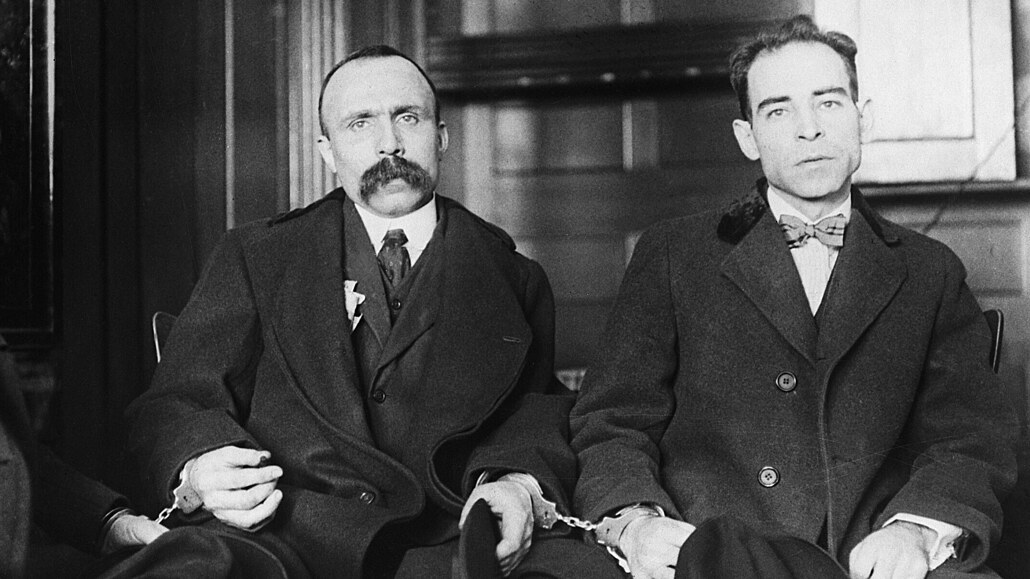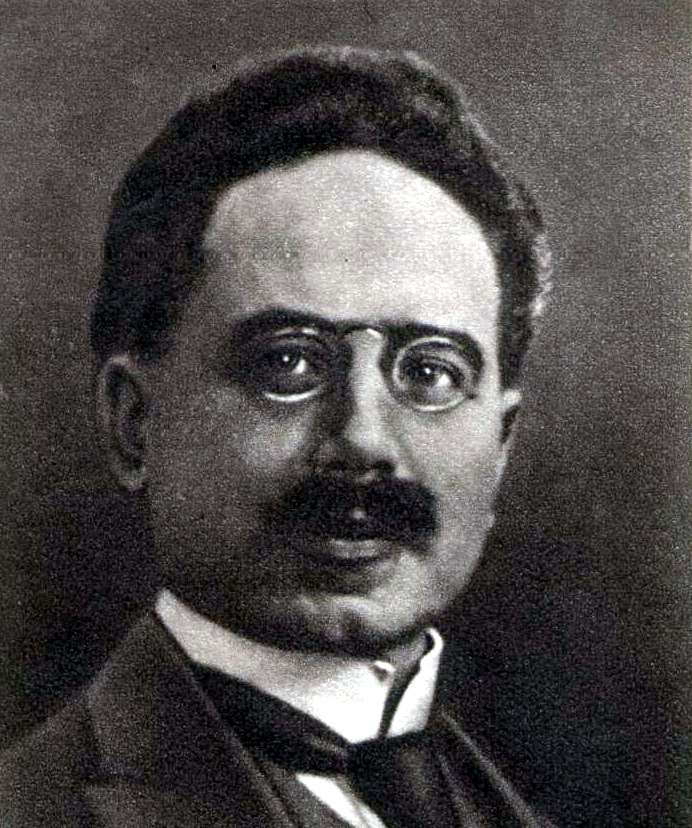***Sitting On The Rim Of The World- With The Son Of The Neon Wilderness Nelson Algren In Mind
From The Pen Of Frank Jackman
He wrote of small-voiced people, the people who fell between the cracks, who survived down among the bushes and the ruts, the great fellahin unwashed (or refusing to wash) who needed a voice, a literary voice to tell their prosaic tales. He wrote big balloon valentines to the small-voiced people, the invisible denizens (right word) of the cities tucked away on trash-filled back streets, suffocated by the oppressive stinks of the alley way (watch out for dead-assed hipsters shooting up, lurking jack-rollers craving just cashed paycheck pockets, sullen corner boys, ready, ready, hell, just ready to do something other than holding up that all-night drugstore wall.
Let’s be clear here he did not speak, how could he a back street city dweller himself, of the small- voiced pleasant up at dawn (his bedtime) Midwestern farmers providing breadbaskets to the world out of the heartland loams. He did not speak of the prosperous small town drugstore owners, how could he staring down those ready for hell corner boys in front of that neon-lit all night storefront, with their coca-cola-lime rickey-milk shake soda fountain filled with blossom youth and an occasional thirsty parent, closed at nine sharp. He did not speak of Miss Millie’s beauty salon, how could he when he was up against round heel street quick trick-turners, flat-out by-the-numbers whores and whiskey-bloated bar girls, where matrons and junior leaguers worked out the kinks and spread the gossip about who was, or was not, sleeping with whom.
One suspects that he could have, could have written elegant prose to titillate the romance-sated reader although in the pull and push of the writing profession they had (have) their muses, their flaks already. Nor to put it bluntly was he inclined to push the air out of the small town banker seeking a bigger voice, the newspaper publisher seeking to control the voices or the alderman or his or her equivalent who had their own apparatuses for getting their small voices heard (although again one suspects he could have, if so inclined, shilled for that set). No, he, Nelson Algren, he, to give him a name took dead aim at the refuge of society, the lumpen as he put it in the title of one short story, those sitting on the rim of the world. All those left behind as the steely 1940s turned into the go-go 1950s
And he did good, did good by his art, did good by his honest snarly look at the underside of society, and, damn, by making us think about that quarter turn of fate that separated the prosperous crack of dawn Midwestern farmer (assuming as we must that he was not short-weighting the world), the stainless steel soda fountain gold mine drugstore owner (assuming as we must that he was not dispensing his wares, his potent drugs, out the back door to a craving market, to Frankie machine’s kindred), know everybody’s business Miss Millie (assuming as we must that she was not running a call girl service on the side), the grey flannel suit banker (assuming as we must that he was not gouging rack rents and usurious interest), the hustle-bustle newspaper editor (assuming as we must that he in fact was printing all the news fit to print), and the glad-handing politician (assuming as we must that he was not bought and paid for by all of the above, or others) from the denizens of his mean streets. The mean city streets, mainly of Chicago, but that is just detail, just names of streets and sections of town to balance his work where his characters eked out an existence, well, anyway they could. Some to turn up face down in some muddy ravine, some to face the wreaker’s ball, some to face a police line-up (you know the drill -round up the usual suspects so the farmer-drugstore owner-beauty parlor operator-banker-editor and pol can rest easy). Others to sort of sleepwalk amble, hell stumble is more like it, along in the urban wilderness purgatory.
Brother Algren gave us characters to chew on, plenty of characters, mostly men, walking ding-dong daddies, mostly desperate (in the very broadest sense of that word, needing something, something quick to get well, until the next time), mostly with some jones to work off, mostly with some fixer man in the background to wreak havoc too. He gave us two classics of the seamy side genre, of the down side of the be-bop night, of the night of the long knives, of the losers in the aptly named neon wilderness. One, the misbegotten Frankie Machine, the man with the golden arm, the man with a hole in his vein where junk flowed like the river, flowing endlessly, the man with the chip on his shoulder, the mid-century (20th century okay) man ill at ease in his world, ill at ease with the world and looking, looking for some relief, some kicks to take the world away (the world being outside Division Street) in that mid-century parlance.
And two, that hungry boy, Christ born hungry, that denizen of the great white trash night, Dove Linkhorn, who, perhaps more than Frankie spoke to that mid-century angst, spoke to that world gone wrong, for those who had just come up from the back lots, the wheat fields, the Ozarks, and the bayous and were ready to howl, howl at the moon to get attention. I remember reading somewhere, and I have forgotten where now, that someone had noted that Nelson Algren’s writing on Dove Linkhorn roots was the most evocative piece on the meaning of the okie–arkie out migration segment of that mid-century America ever written, the saga of the poor white trash, the tale of the wandering boys, the railroad riders, the jungle camp jumpers, the skid row derelicts. Those who one way or another missed the boat with the tide rising.
Whoever made the observation was right, of course, as I found out after I went back and re-read that first section of Walk On The Wild Side where the Linkhorn genealogy back unto the transport ships that brought the first crop over to these shores from thrown out Europe (for pig-stealing, horse-stealing, maybe the genetic jack-rolling, who knows but for some sin against the proper order) are explored. The population of California after World War II, the slack savage hot rod boys in tee-shirt and jeans, eternally giving off a faint whiff of motor oil, speeding up and down those ocean-flecked highways; those chain-wielding, chain-smoking wandering Madonna hell’s angels; and, the sullen (oops I said that already) corner boys hanging out with time on their hands and permanent smirks, making noise all night to prove their existence, put paid to that observation. The cutthroat world, or better cut-your- throat world, that Dove drifted into was just a microcosm of that small-voiced world.
He spoke of cities, even when his characters came fresh off the farm. They had no existence in small towns and hamlets for their vices, or their virtues, too small. They needed the anonymous rooming house, the cold-water flat, the skid row flop-house, the ten- cent beer hall, the smoke-filled dank tavern, hell, the railroad jungle, any place where they could just let go with their addictions, their anxieties, and their hunger without having to explain, endlessly explain themselves, a tough task for the small-voiced of this wicked old world.
He identified with cities, with city 24/7/365 lights, his blessed neon lights, city traffic (of all kinds), squalor, cops on the take, cops not on the take, midnight police line-ups, plebeian entertainments (take your girl to the carnival, brother), sweat, a little dried blood, pock-marked veins, reefer madness (sweet dream marijuana for the unknowing , swilled drinks, white towers, all night diners, the early editions (for race results, the number, who got dead that day, the stuff of that world), a vision of Edward Hopper’s Nighthawk for a candid world.
He spoke of jazz and the blues, not upfront but as a backdrop. Strangely, or maybe not so strangely, he spoke of a small-voiced white world, residents of white slums and pursuers of white- etched dreams and only stick character blacks but his beat, his writing rhythm made no sense without the heat of Trouble In Mind or that cool blast of Charlie Parker Miles, Dizzie be-bopping, absolutely no sense, and so it went.
He spoke of love too. Not big flamed love, big heroes taking big falls for some hopeless romance like in olden times but squeezed love, love squeezed out of a spoon, maybe, but love in all its raw places. A guy turning his woman into a whore to feed his endless habit love, and her into a junkie love. A woman taking her man through cold turkey love. A man letting his woman go love, ditto woman her man when the deal went wrong. Or when the next best thing came by. Not pretty love all wrapped in a bow, but love nevertheless. And sometimes in this perverse old world the love, sacred love, a man has for a woman when, failing cold turkey, he goes to get the fixer man and that fixer man gets his woman well. Hard, hard love. Not pretty, not at all. Yah, Nelson Algren knew how to give voice, no holds barred, to the small-voiced people.




